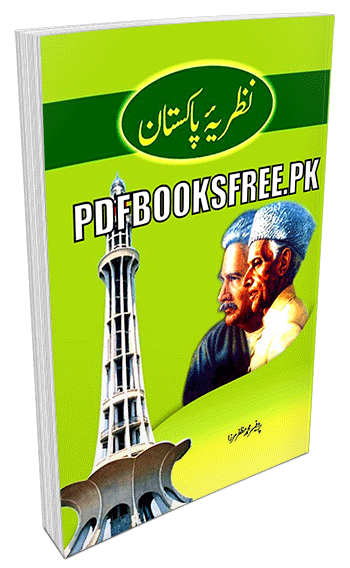Nazriya e Pakistan By Muhammad Muzaffar Mirza Pdf Free Download
Nazriya e Pakistan Urdu Written by Professor Muhammad Muzafar Mirza. This book provides comprehensive information about the real motivations of the Pakistan Movement and the resulting freedom struggle. It sheds light on the basic ideas that were involved in the creation of Pakistan.
The purpose of this book is to highlight the objectives of the establishment of Pakistan, and the sacrifices made for it, to promote the idea of Pakistan, and to educate the people, especially the new generation, about Pakistan’s ideological basis and its great historical and cultural heritage.
Urdu book “Nazriya Pakistan” is now available online on Pakistan Virtual Library in a high-quality PDF document for our users’ study. Check out the following links to read online or download the complete book in PDF format and enjoy offline reading on your computer and smartphone.

